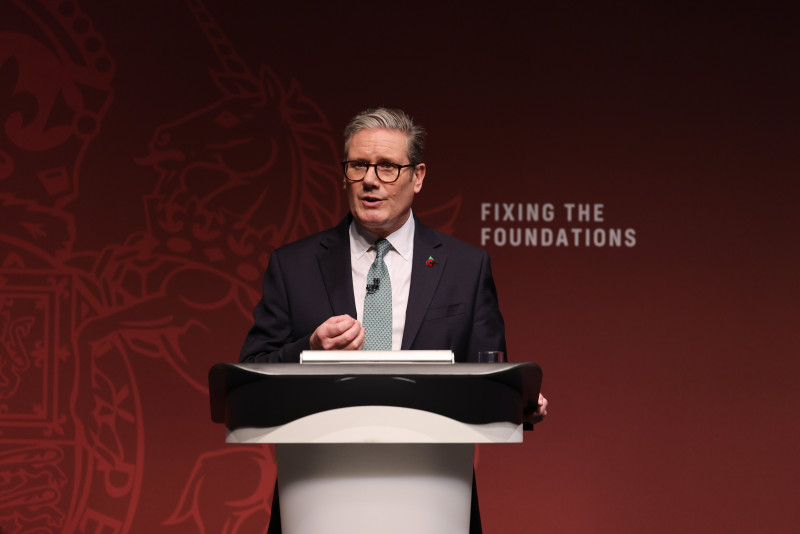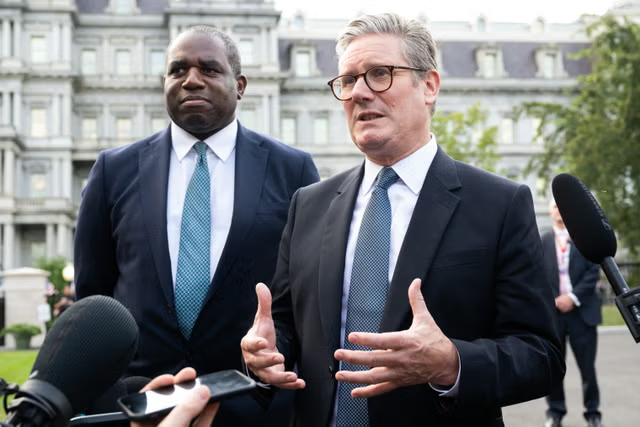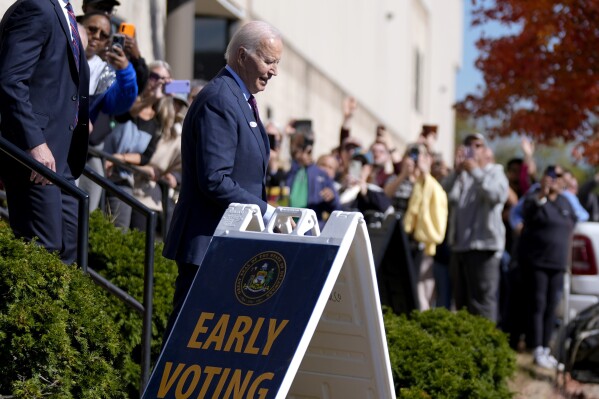Your support helps us to tell the story
Support NowThis election is still a dead heat, according to most polls. In a fight with such wafer-thin margins, we need reporters on the ground talking to the people Trump and Harris are courting. Your support allows us to keep sending journalists to the story.
The Independent is trusted by 27 million Americans from across the entire political spectrum every month. Unlike many other quality news outlets, we choose not to lock you out of our reporting and analysis with paywalls. But quality journalism must still be paid for.
Help us keep bring these critical stories to light. Your support makes all the difference.
Sir Keir Starmer’s approval rating has collapsed more significantly after winning an election than any other prime minister in modern history, a new poll has shown.
Following the July election, which saw the Labour Party win a landslide majority of 174 seats, the prime minister approval rating reached a high of plus 11.
But by October, just days before Rachel Reeves’ Budget on Wednesday, new polling from More in Common showed that the prime minister’s personal approval rating has fallen to -38 – a net drop of 49 points.
His rating is now lower than that of former prime minister Rishi Sunak, which now sits at -31 following an increase of six points since he lost the election.

Sir Tony Blair’s approval rating was at plus 46 in August 1997, three months after he won a landslide election victory. At the time of the election, his approval rating stood at plus 60.
It was not until summer 2000 when his approval rating slipped to below zero.
Meanwhie, David Cameron’s approval rating did not turn negative until the beginning of 2011, after the formation of the coalition government in 2010.
It was not until April 2012 that his rating dropped to around -30, the polling showed.
Boris Johnson started off with an approval rating of -20, despite winning the 2019 election. But his rating improved to plus three by January 2020, and was at plus 14 by the following March.
Luke Tryl, executive director at More in Common, described Sir Keir’s collapse in popularity as “unprecedented” when compared to other modern prime ministers.
He added: “Although they had a landslide, in terms of popularity they didn’t have the slack to spare that other new governments had.”
Mr Tryl blamed two key issues for the change in approval ratings, explaining: “If you ask what people have noticed, by a country mile it is the decision on the winter fuel allowance and the early release of prisoners.”
He also pointed to the row over freebies and donations.
The survey follows weeks of infighting after Labour won its historic victory, coupled with questions over gifts for the prime minister and senior cabinet ministers, and fears the government had lost control of its own agenda.
Asked earlier this month whether he thinks the first 100 days of government were a success, the prime minister’s official spokesperson said: “It’s up to the public to decide whether the first 100 days of the government have been a success.”
The latest polling comes just days before the chancellor is set to unveil her first budget, warning that the expected tax rises will be just the begining of painful measures to fix “14 years of Tory damage”.
She has promised to produce economic growth but also pledged to her party that there will be “no new austerity”.
The polling, which surveyed 1,012 adults, was conducted by More in Common between October 9 and 10.
Disclaimer: The copyright of this article belongs to the original author. Reposting this article is solely for the purpose of information dissemination and does not constitute any investment advice. If there is any infringement, please contact us immediately. We will make corrections or deletions as necessary. Thank you.



